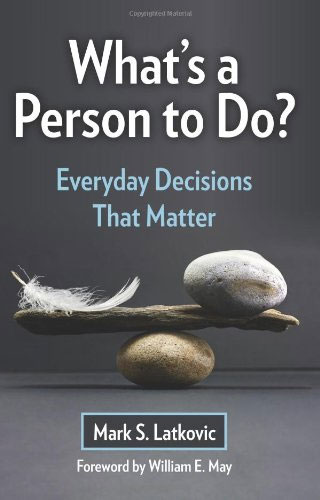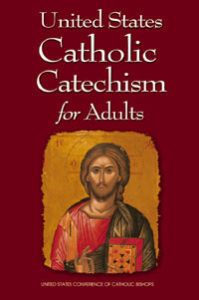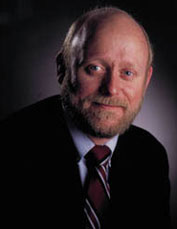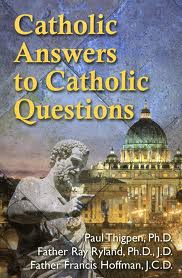Podcast: Play in new window | Download (Duration: 30:47 — 22.3MB) | Embed
Subscribe: Apple Podcasts | Spotify | Amazon Music | Android | Pandora | iHeartRadio | JioSaavn | Podchaser | Gaana | Podcast Index | Email | TuneIn | Deezer | Anghami | RSS | More

Episode 7-Listening For Truth– We are resurrection people who live out of the power of the Resurrection. Theological virtues, faith, hope, and love, are given to us in the fullest sense through the sacraments and how we receive and open our hearts to that gift. Moving our affection from sin to truth. How do we prepare ourselves to receive moral truth?
Deacon James Keating, Ph.D., is a Professor of Spiritual Theology at Kenrick Glennon Seminary, in St. Louis, MO. He previously served as the Director of Theological Formation at the Institute for Priestly Formation located at Creighton University in Omaha, NE.
Listening for Truth leads men and women in a search for a fuller experience of God that begins in prayer, grows in the rediscovery of our spiritual being, and grounds itself in the truth of Jesus Christ. A presentation of the Christian life as an engagement of the whole person — body, mind, and soul — in the challenge of daily living.

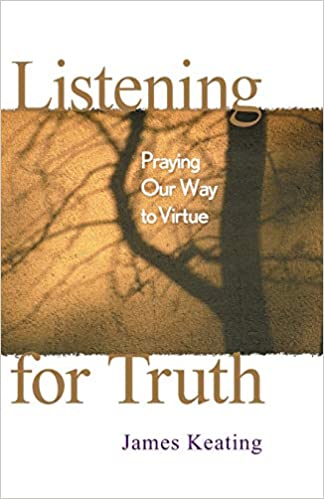
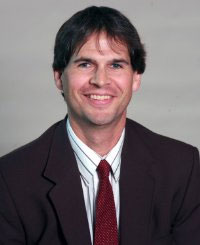 who seek to navigate through life’s daily choices. Dr. Mark Latkovic, who is a professor of moral and systematic theology at Sacred Heart Major Seminary in Detroit, Michigan, does a fantastic job bringing forward basic principles that should be a part of our discernment process in making decisions.- especially when there is no definitive Catholic teaching on a subject. Applying those principles, he then takes a look at 40 different questions and answers. Whether it’s areas of Facebook and Internet interaction, purchasing lottery tickets or giving to particular “charities”, or how we deal with decisions for children and for elderly parents, Dr. Latkovic challenges us to ask important questions and respond to issues with moral virtue. With an engaging and accessible writing style, Dr. Latkovic provides an important resource for us all.
who seek to navigate through life’s daily choices. Dr. Mark Latkovic, who is a professor of moral and systematic theology at Sacred Heart Major Seminary in Detroit, Michigan, does a fantastic job bringing forward basic principles that should be a part of our discernment process in making decisions.- especially when there is no definitive Catholic teaching on a subject. Applying those principles, he then takes a look at 40 different questions and answers. Whether it’s areas of Facebook and Internet interaction, purchasing lottery tickets or giving to particular “charities”, or how we deal with decisions for children and for elderly parents, Dr. Latkovic challenges us to ask important questions and respond to issues with moral virtue. With an engaging and accessible writing style, Dr. Latkovic provides an important resource for us all.
